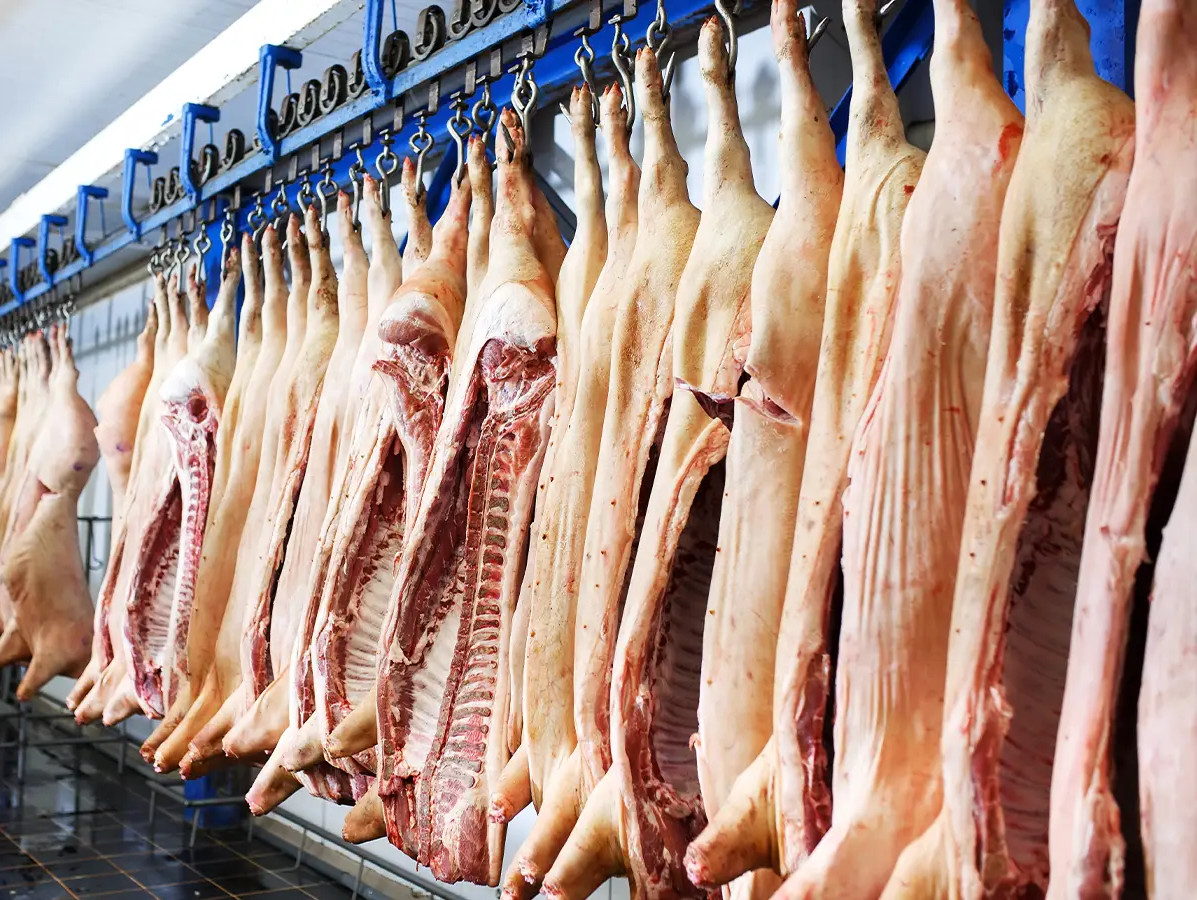
Despite repeated calls from the House of Representatives to block any increase in slaughter speeds, State Secretary Rummenie is moving forward with an ongoing pilot. The aim is to assess whether the NVWA’s testing framework is workable. A final decision on structural changes will be left to his successor.
The motion tabled by MP Ouwehand, which was passed by a majority, urged the government to abandon all efforts that could lead to higher slaughter speeds. Even so, the State Secretary has declined to implement it. He argues it conflicts with an earlier motion from MP Van der Plas (2022), which requested the swift development of a testing framework in consultation with relevant stakeholders. Without a pilot, Rummenie maintains, that framework cannot be properly evaluated.
In 2023, Wageningen Livestock Research concluded that increasing slaughter speeds carries risks for animal welfare, food safety and the quality of meat inspection. However, these risks are not necessarily insurmountable if companies put additional safeguards in place. These may include sufficient staffing, efficient facility layouts and optimal use of equipment. The State Secretary emphasises that only companies meeting all requirements of the framework will be considered for higher line speeds.
According to Rummenie, there is no legal basis to reject requests for higher speeds outright, as long as companies comply with EU standards. He points out that several other EU member states already allow higher speeds and stresses the importance of a level playing field. “This isn’t about protecting the revenue model of slaughterhouses,” he said. “It’s about fair competition across Europe.”
Source: Tweede Kamer